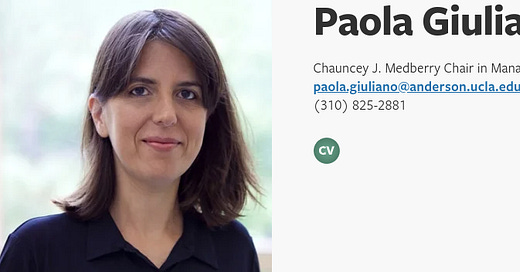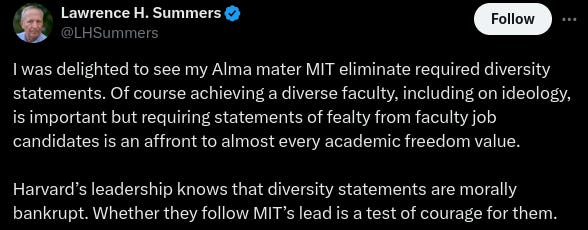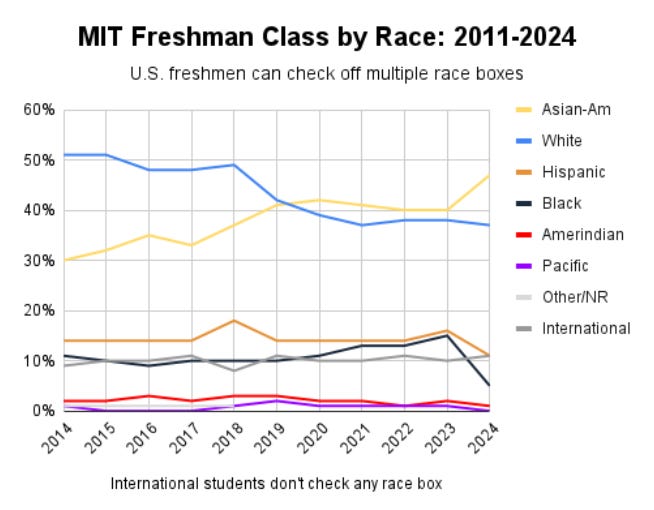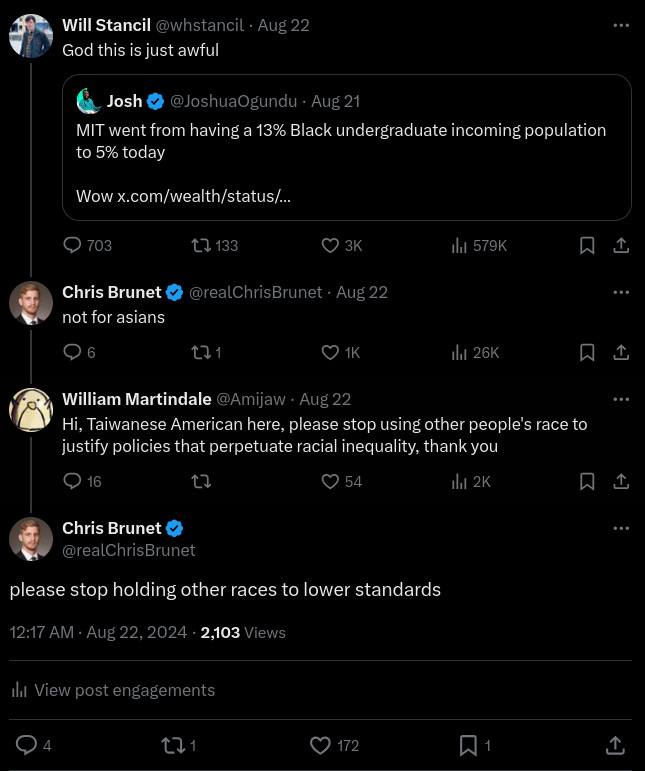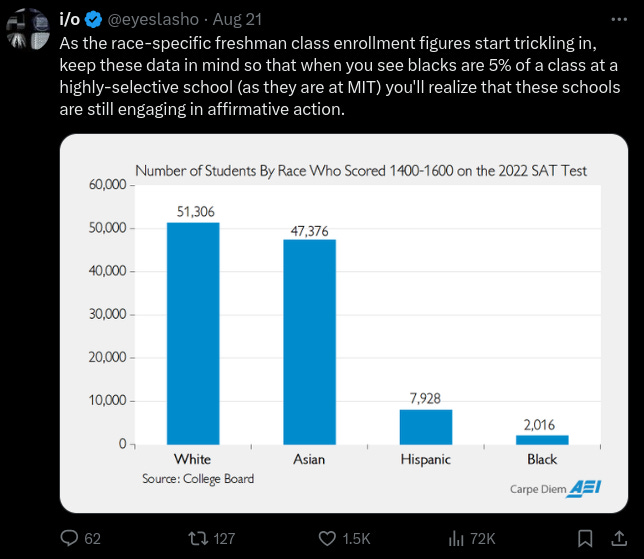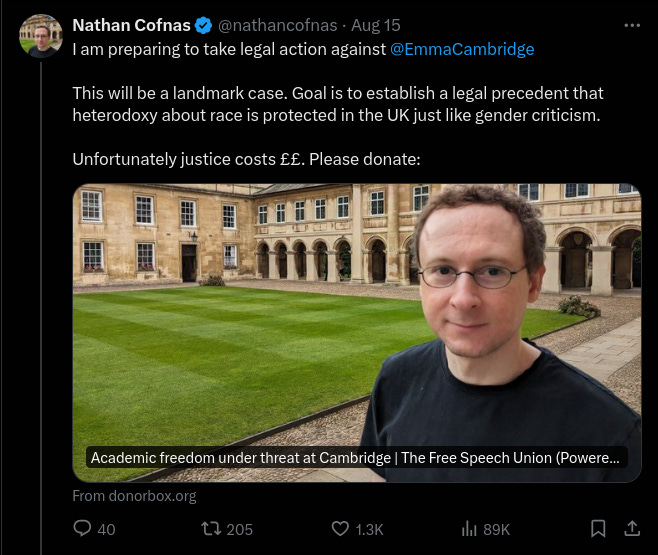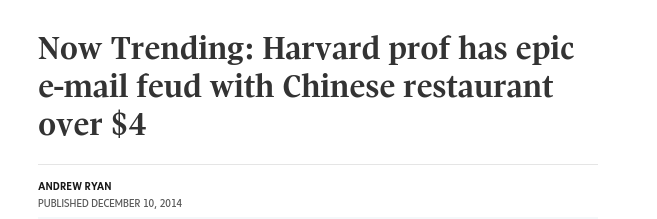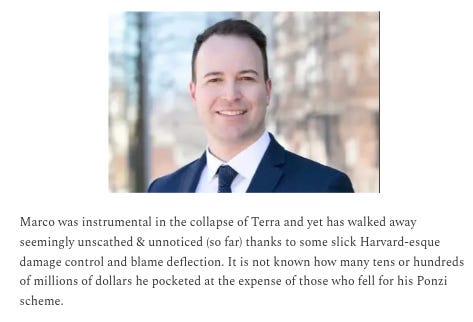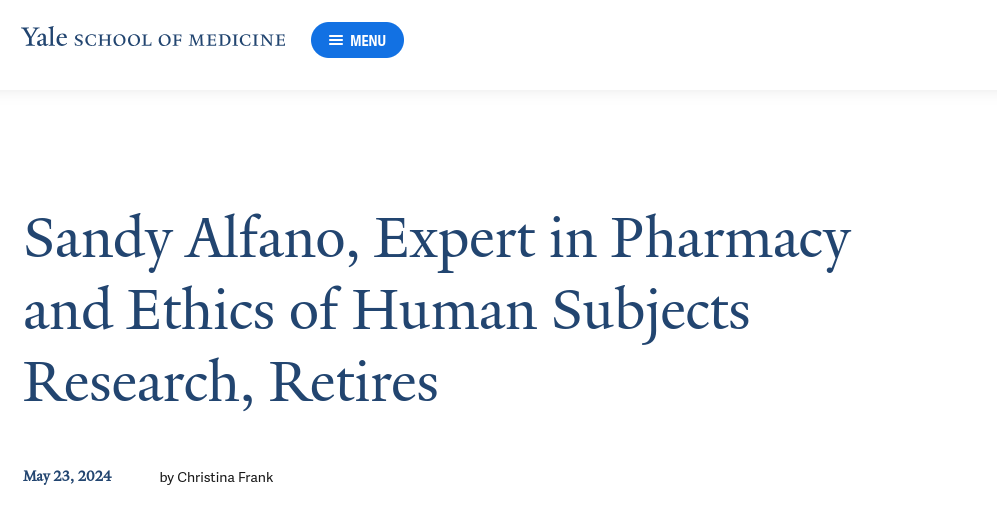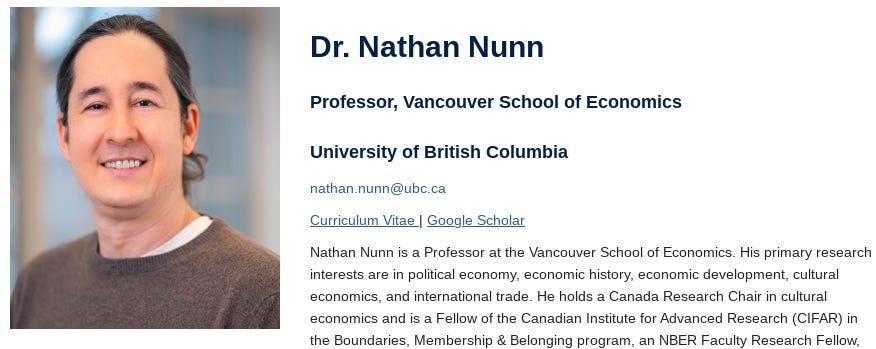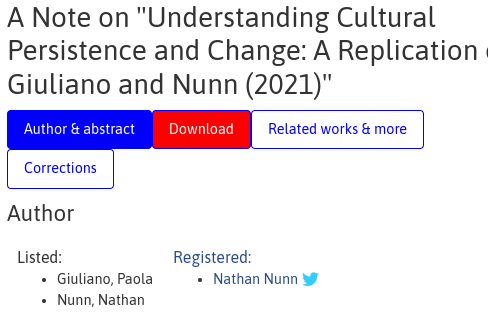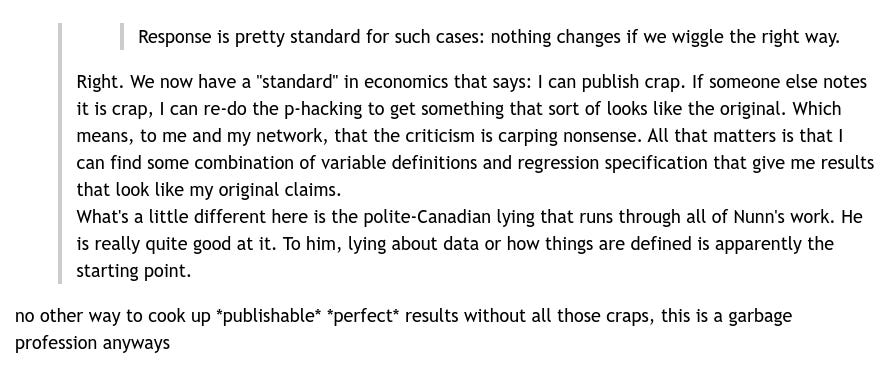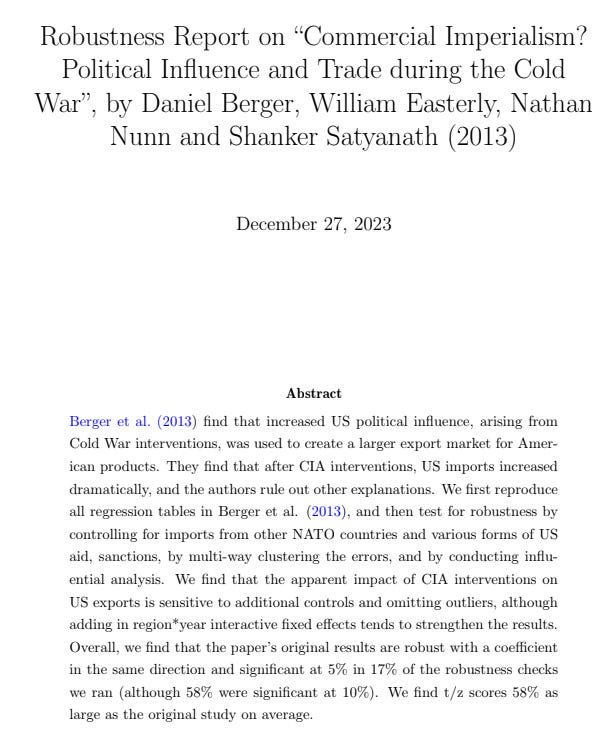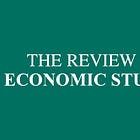#1: MIT stops DEI statements
A couple of months ago, MIT became the first elite university to eliminate DEI statements in faculty hiring:
MIT becomes first elite university to ban diversity statements (UnHerd)
MIT stops using DEI statements in faculty hiring (FIRE)
Yet Another Victory Over DEI: MIT Abolishes ‘Diversity Statements’ (Goldwater Institute)
MIT abolishes mandatory DEI statements in faculty hiring (Campus Reform)
MIT bans mandatory DEI statements in faculty hiring (College Fix)
#2: MIT stops affirmative action
…and then just yesterday, MIT became the first major university to reveal the ethnic composition of its incoming undergraduate class since SCOTUS ruled against affirmative action last year. Unsurprisingly, asians showed a large (7%) gain, while blacks (-10%) and hispanics (-5) saw large drops. Whites were not impacted. See the black line plummet:
MIT's Black student enrollment drops significantly after Supreme Court affirmative action ruling (NBC News)
MIT: Newest students less diverse due to Supreme Court affirmative action decision (The Hill)
At M.I.T., Black and Latino Enrollment Drops Sharply After Affirmative Action Ban (New York Times)
Top US college says diversity slumps after affirmative action ban (BBC)
IQ purists argue this 15% —> 5% black decrease doesn’t go far enough, lol, maintaining that ‘‘less than 1% of those admitted would be black if admissions were based purely on academic qualifications.’’
#3: Nathan Cofnas sues Emmanuel College
This IQ argument is what got friend-of-the-blog
in trouble — his university began investigating him when he made the statistical argument that ‘‘Under a colorblind system that judged applicants only by academic qualifications, blacks would make up 0.7% of Harvard students."Today we have a major update on that Cofnas article.
As of 9 days ago, he is suing Emmanuel College (a subset of Cambridge University) for firing him:
He is being represented by the Free Speech Union, you can donate here:
#4: Edelman’s lawsuit moves forward
Speaking of lawsuits, here's a notable one involving Ben Edelman, a former Harvard economics professor. You might remember him from 2014 when he became internet-famous for a viral spat with a Chinese restaurant over a $4 discrepancy on his bill.
After that incident, Edelman didn't get tenure at Harvard, so he left in 2018 and became Microsoft's Chief Economist for Web Experiences, Strategy, and Policy —not a bad fallback option! Fast forward to 2023, five years later, and Edelman is now suing Harvard for denying him tenure.
The lawsuit is complicated, tangled with personal vendettas and grudges, so bear with me if I don't do it justice. Among the grievances, there's a mention of the $4 overcharge at a Chinese restaurant incident, but that's just the tip of the iceberg. The case is filled with seemingly petty drama, like a heated argument over projector screens in an MBA classroom, where the person Edelman clashed with over projector screens later voted against him for tenure.
Basically, it seems like Edelman made enemies, and those enemies played a key role in blocking his tenure.
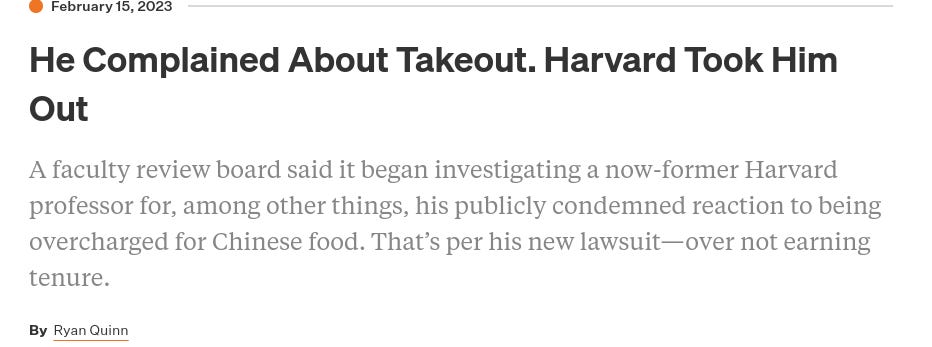
The heart of Edelman’s lawsuit revolves around the tenure process.
Although 59% of the faculty voted in favor of his tenure, the dean allegedly shifted the goalposts mid-process, suddenly imposing a new requirement for a two-thirds majority to move Edelman’s case forward. It appears this rule was made up on the fly to undermine him, which certainly seems like a valid grievance.
Here's the latest update: A couple of months ago, a judge rejected Harvard’s motion to dismiss the lawsuit, allowing the case to move forward.
The next step is discovery. I’m particularly looking forward to discovery because Harvard has withheld so much information from me. For example, the governing policy required Harvard to provide me (as well as readers of the report about me) “the evidence gathered” by the investigating committee. But Harvard did nothing of the kind, instead resorting to anonymous quotes entirely without context. Now that I am entitled to discovery, I will demand the entire corpus from which these quotes were taken. That will certainly include all the notes prepared by the investigating committee. It should also include full interview recordings. With this information, I will no longer have to speculate about what these speakers might have been talking about. At long last, I will be able to say for sure – putting me on track to defend myself in substance and without resorting to hypotheticals.
— Ben Edelman
You can follow the lawsuit’s developments here:
Edelman is seeking damages, which is fair, but also seeking a review of his tenure application, almost a decade later, which strikes me as implausible. He maintains that he would leave Microsoft and accept a tenured position if offered.
#5: Cheaters land on their feet
Two years ago, I published this investigation into a Harvard Business School professor, Marco Di Maggio, who played a central role in a massive criminal fraud that ruined countless lives.
Because of this scandal, Di Maggio failed to obtain tenure at Harvard.
Update: he has now resurfaced at Imperial College’s business school:
Academia sometimes reminds me of how the Catholic Church handled its paedophile scandals, shuffling problematic priests around from one parish to another, rather than holding them accountable. Similarly, immoral academics are merely shuffled off to slightly less prestigious institutions, continuing their careers almost unscathed.
#6: Yale IRB head retires
Normally, when an old lady retires from an administrative position, it’s mundane.
But Karlstack has beef with the corrupt Yale IRB.
Beef from back when they swept Florian Ederer's hacking under the rug:
I've maintained from day one that Yale grossly violated its own IRB policies in this scandal, creating significant legal liability. I've consistently argued that they should be sued for this. It seems, with this retirement, that perhaps Yale's leadership might even share that concern... or maybe I am overthinking a mundane retirement…
#7: Mount Royal Lawsuit
#8: Guiliano and Nunn (2021) fails to replicate
Nunn & Giuliano are two superstar econ professors:
In 2021 they co-authored an influential paper, in a top journal, which has garnered 400+ citations in only 3 years since:
Unfortunately, this paper was recently debunked by a team of Europeans.
Their replication’s conclusion is devastating:
‘‘This replication … identifies major discrepancies between several econometric specifications described in the article and their corresponding code. We are able to correct most of these mistakes by realigning the code with the text. Once corrections are implemented, we obtain almost invariably a smaller and non-significant coefficient for climatic variability.’’
EJMR discussion of this replication is equally as devastating:
Here are a few of the top comments:
I am a tenured academic economist. I believe the allegations are serious. I briefly read the abstracts of the criticisms and the response. One of the two sides is lying; there is no third alternative. Those individuals, on both sides, are costing their university money and taking a spot that could be filled by someone else. Given the amount of money and power involved, it's not unreasonable to hire two independent research assistants to evaluate who is lying and proceed with academic misconduct proceedings against the side that lied. This is not a joke. I am disturbed by how everything continues as normal. Not taking action is damaging the credibility of everyone involved, including mine, and is not fair play. I am also disturbed by the other retraction of Giuliano. She admitted the mistake, kudos. But she did only after the comment. The identification strategy she did had a scientific credit regardless of the findings. If her paper is retracted, her paper does not exist. There is at least another person who deserves the credit for being the first comer on that identification and who was damaged.
— Anonymous Economist
Wow. Read the paper. The mistakes are all "we did not care enough to check anything."
— Anonymous Economist
I wouldn’t be surprised if more than 90% of Nunn doesn’t replicate
— Anonymous Economist
“We are able to correct most of these mistakes by realigning the code with the text.”
If that’s an accurate statement, economics is circling the drain.
— Anonymous Economist
This is appalling. At this point, there are several people who are highly-regarded and have publications in top journals who have been exposed as publishing results based on simple coding errors, sloppy reading of codebooks, data manipulation. Or worse.
No retractions, and there are no consequences for these people. Voth was elected to Econometric Society even after his fraud was spelled-out. Nunn remains QJE editor even though for years people have known his empirical work is not to be trusted.
It's hard to understand what role empirical work plays these days. I admire the replicators for their care and hard work, but I suspect they just don't understand the profession. I don't either. I would have thought that when you test a hypothesis using data and econometrics, the point is to understand something important. But experience suggests not.
— Anonymous Economist
When I see empirical papers on completely new topics, the weight I give to them in terms of credibility is close to zero. Knowing how hard it is to get coherent results on well known and studied relationships of interest using high quality data, there is no way that complex relationships on which no further evidence exists just happen to provide perfectly coherent results on the first try. I just assume some form of fishing is going on for such papers
— Anonymous Economist
There are different kinds of bad empirical researchers. As "Arrow" said, this is not fraud in the sense of "we played games to get the results we wanted." It's more like "we ran the program and got the results we wanted and so never checked anything.
Another kind is deliberate fraud: messing until you get the results you want.
Not sure which is worse. But Guiliano and Nunn should be *really* embarrassed. FE that are really just missing values; coding things in completely wrong ways; and my personal favorite, regressing non-existing variables.
Both of these people are repeat offenders. I don't see there being any bad consequences for them.
— Anonymous Economist
Giuliano and Nunn later responded with a ‘‘correction’’ rather than a retraction, but it didn’t seem to convince anyone:
Both Nunn & Giuliano are repeat offenders — here is another Nunn paper that doesn’t replicate:
But what's truly shocking is that Giuliano had her top paper retracted just last year! I had almost forgotten, but I actually wrote about Giuliano’s previous retraction in February 2023:
Here’s what I wrote at the time:
It is worth noting that Dr. Guiliano almost certainly would not have gotten tenure at UCLA without this paper — ReStud is one of the top 5 journals in the world, and she was already a borderline case *with* this paper on her CV.
So, she got tenure based on a broken & wrong paper. Classic! Perhaps obtaining tenure could have been the incentive to fudge the code/data, or perhaps this was a bona fide coding error. Impossible to say.
So, this is her second huge fraud in as many years, involving her two best papers. Her entire career obviously rests on a foundation of deceit, or at best, sheer incompetence. UCLA could make a solid case for her dismissal; she ought to lose her tenure, and she might actually lose this tenure if she were in a state like Florida. But California will probably protect her.
The rest of this article is paywalled, sorry.
Keep reading with a 7-day free trial
Subscribe to Karlstack to keep reading this post and get 7 days of free access to the full post archives.

